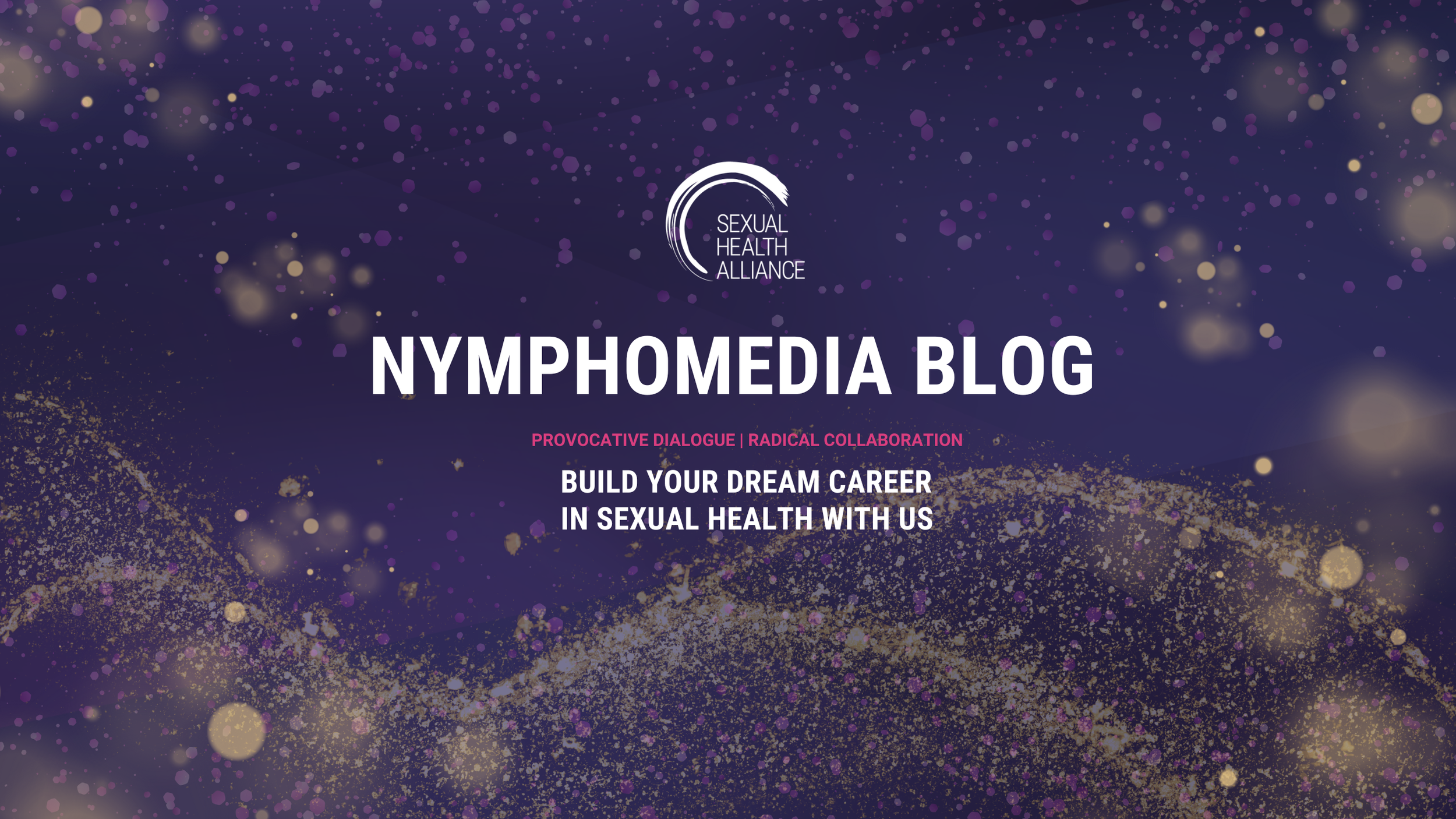What Dr. Ryan Kent Teaches Us About Acceptance, Resilience, and Sexual Confidence
Most people don’t struggle with body image because they haven’t tried hard enough to “fix” themselves. They struggle because they’ve been taught—explicitly or implicitly—that their bodies are only acceptable if they are perfected, stable, and complete.
In this conversation, Dr. Ryan Kent—licensed clinical consultant, certified sex therapist, educator, and founder of Afterglow Behavioral & Sexual Health—introduces a radically different approach to body image healing: the Wabi-Sabi Body Framework. Rooted in an ancient Japanese philosophy and adapted for modern therapeutic work, the framework offers something many people have never been given—permission.
Permission to be imperfect.Permission to be impermanent.Permission to be incomplete.
And, perhaps most importantly, permission to still be worthy of desire, intimacy, and connection.
Dr. Kent brings this lens to his national consultation and training work with clinicians across the United States, as well as through his weekly blog, In the Know With Afterglow. His clinical focus centers on body acceptance, resilience, and sexual confidence—especially for individuals and couples navigating how chronic medical and health conditions impact sexual pleasure, intimacy, and connection.
This article explores what the Wabi-Sabi Body Framework is, why it resonates so deeply in a culture obsessed with optimization, and how it offers both individuals and professionals a practical, compassionate path forward in body image and sexual health work.




